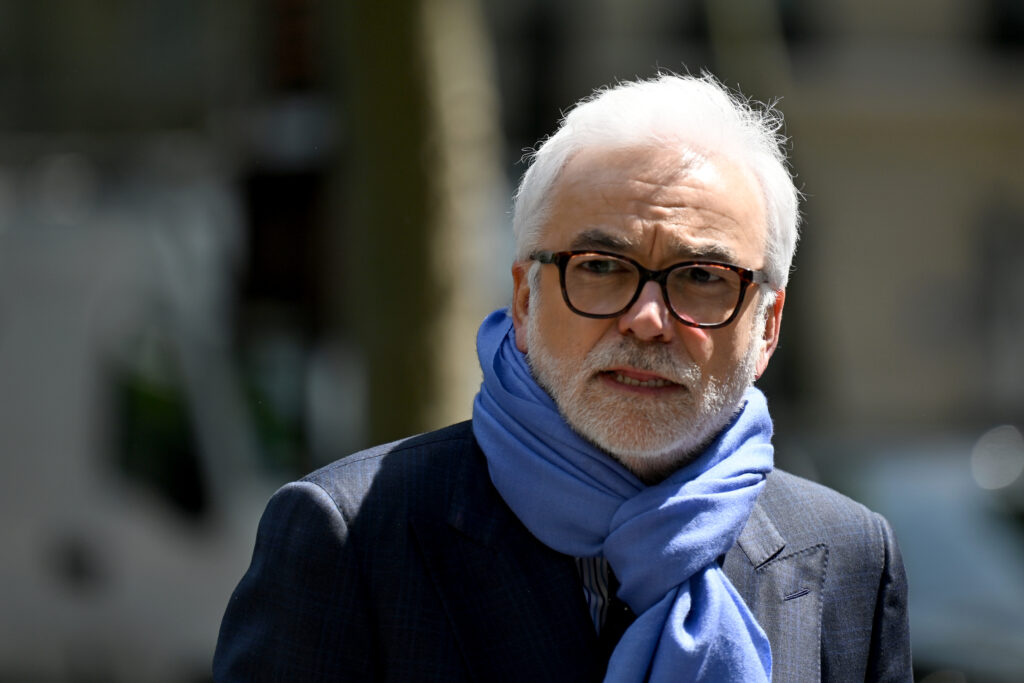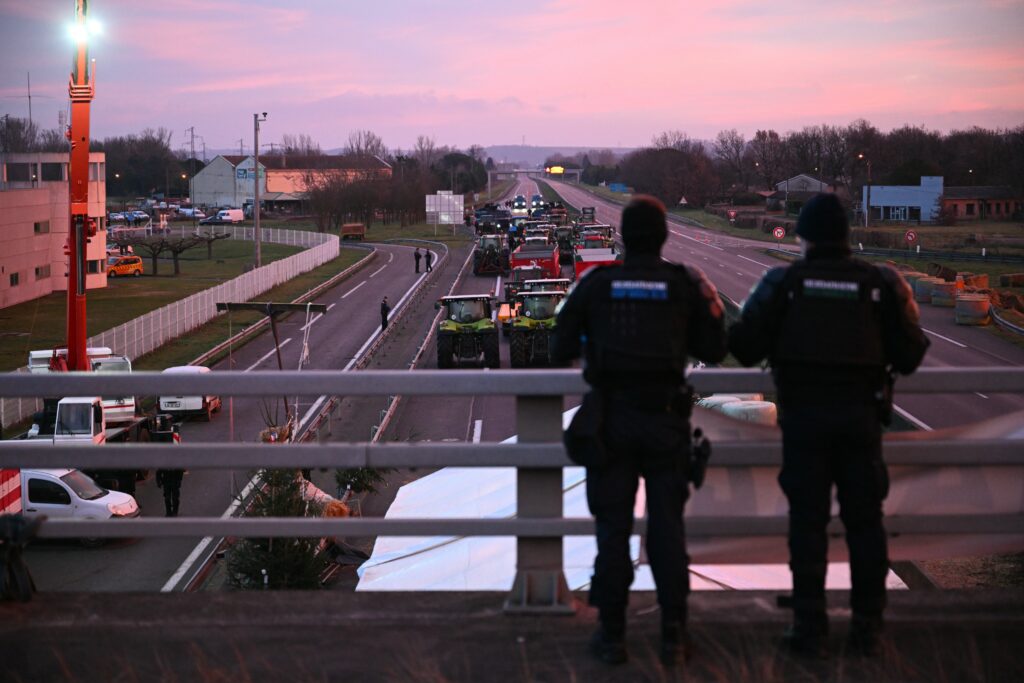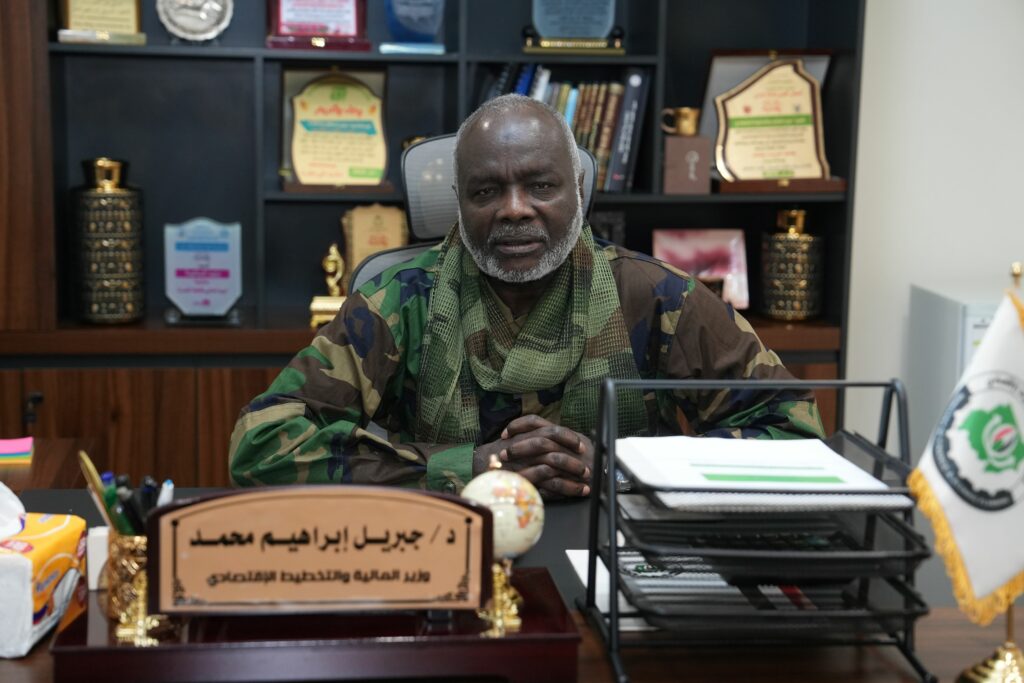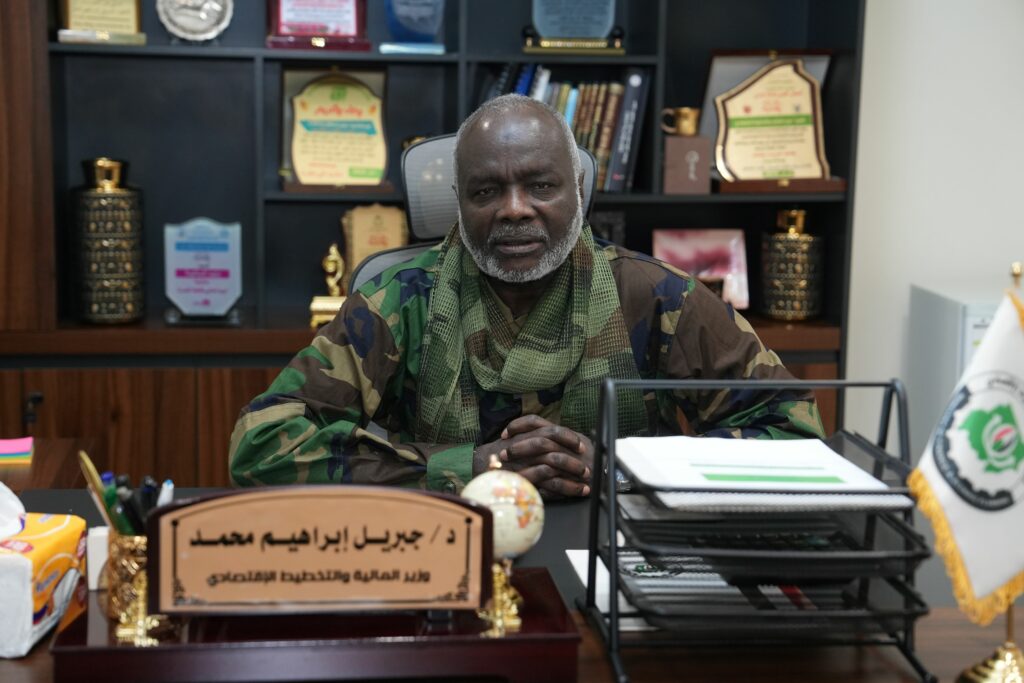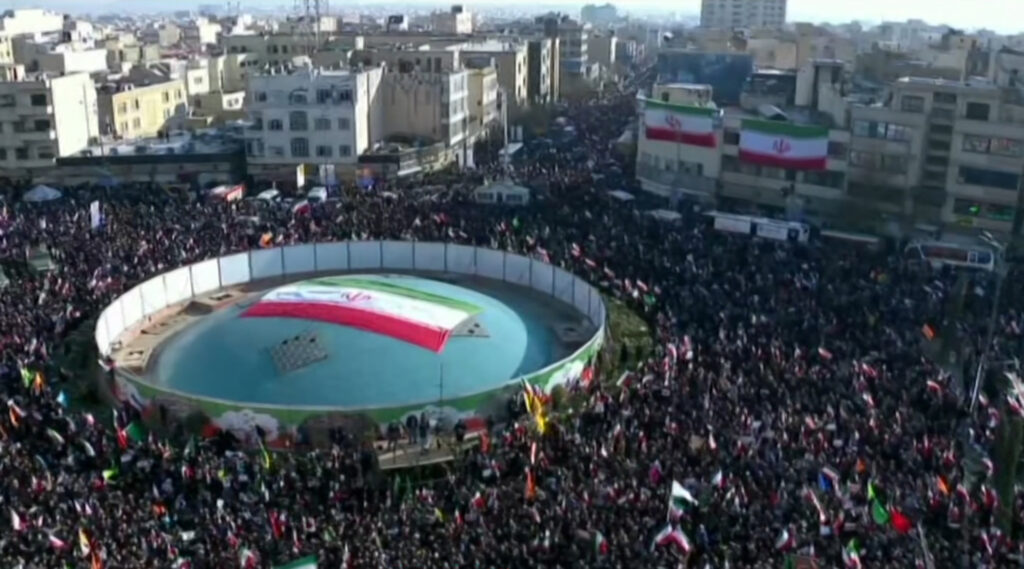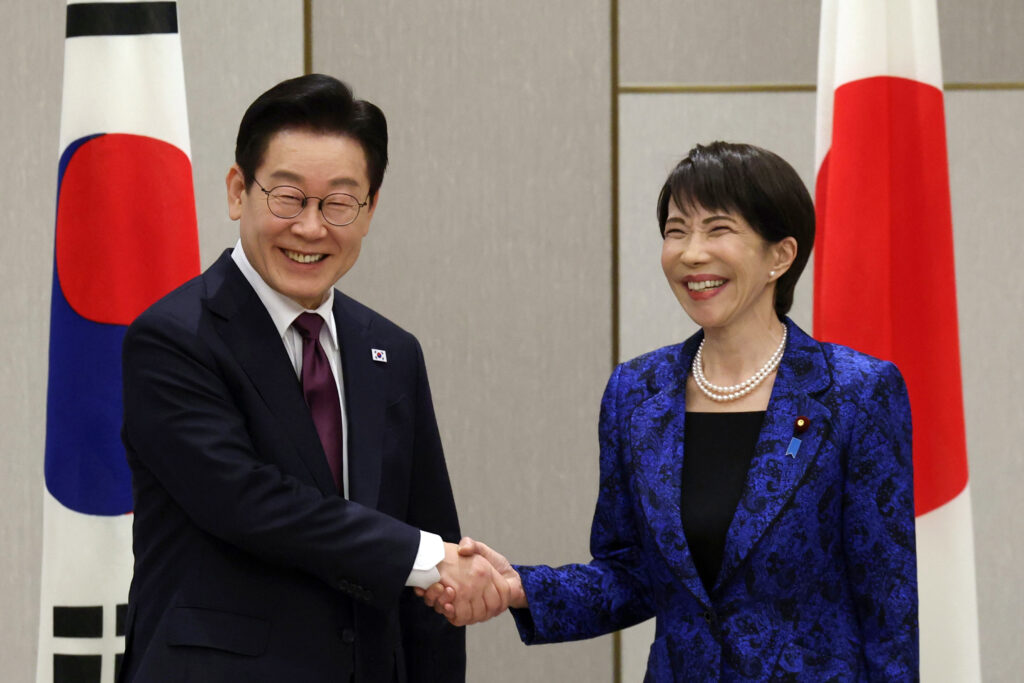LFI veut saisir l’Arcom et la justice après des propos de Pascal Praud sur les agriculteurs “blancs”
Le coordinateur de La France insoumise Manuel Bompard a annoncé mardi que LFI allait saisir l’Arcom et la justice après des propos de l’animateur Pascal Praud sur CNews concernant les policiers pour lesquels il ne serait “pas facile” de s’interposer face à des agriculteurs “blancs”.Pour sa part, M. Praud a assuré que la séquence avait été “sortie de son contexte pour (lui) faire dire l’exact contraire de ce (qu’il a) exprimé à l’antenne”.La polémique est partie du post d’un utilisateur du réseau social X, qui s’indignait d’une séquence de l’émission de M. Praud, “L’Heure des Pros”, mardi matin. Dans cette séquence, l’animateur commente des images de tensions entre policiers et agriculteurs sur l’autoroute A64. “Manifestement les policiers font leur travail et les gens en face sont blancs. Non mais c’est important de le dire, parce que c’est pas facile pour les policiers, ils sont obligés de s’interposer en plus avec des gens de qui ils partagent parfois les convictions ou (…) les origines”, dit à l’antenne le présentateur star de la chaîne d’info de la galaxie Bolloré, CNews.”En France, n’en déplaise à Pascal Praud, la police n’a pas à agir en fonction de la couleur de peau. Ces propos sont des propos racistes inacceptables. Nous saisissons l’Arcom (le régulateur de l’audiovisuel, ndlr) et le procureur de la République”, a écrit sur X Manuel Bompard.Une indignation partagée par le patron du Parti socialiste, Olivier Faure, qui a écrit sur le même réseau social: “Il y a une extrême droite totalement décomplexée qui ne masque plus rien du fond de sa pensée, s’il est possible d’appeler ça une pensée… l’ARCOM doit se saisir.”Toujours sur X, M. Praud s’est défendu en déplorant que “certains (veuillent) instrumentaliser” cette séquence “sortie de son contexte”.”Quelques secondes avant de diffuser ces images, nous rapportions les propos d’Assa Traoré (militante de la lutte contre les violences policières après la mort de son frère Adama en 2016, ndlr) qui jeudi dans un débat organisé à l’Assemblée nationale accusait la police de racisme systémique”, a développé l’animateur.”J’ai souligné avec ce face à face entre agriculteurs et forces de l’ordre qu’il n’en était rien. Les policiers font leur travail quelle que soit la couleur de peau des uns et des autres”, a-t-il argumenté.
